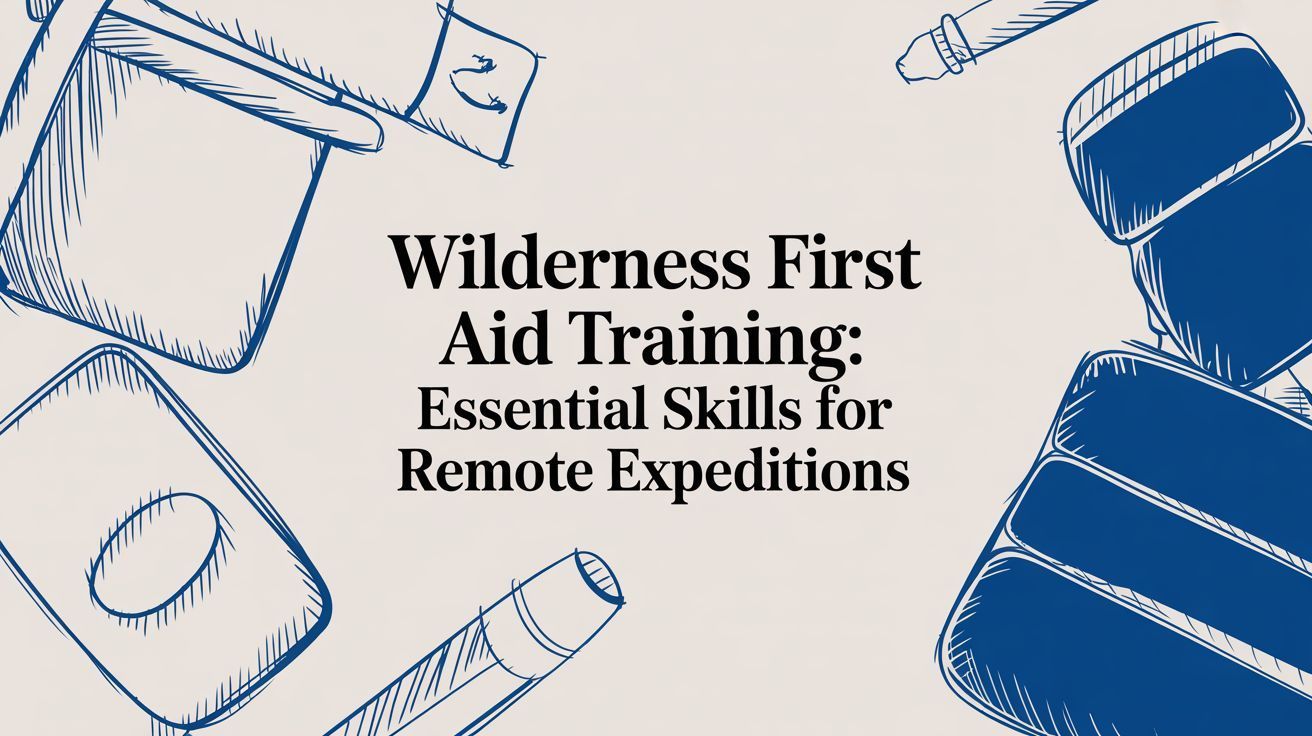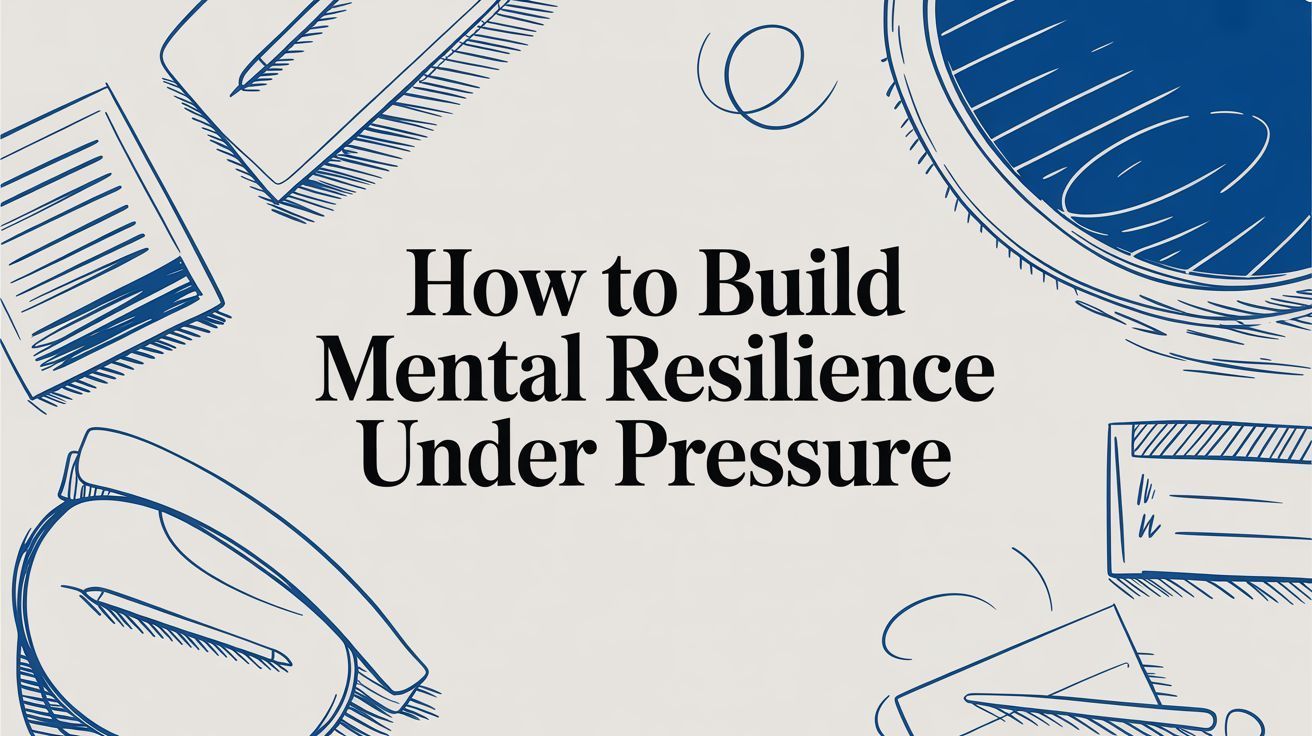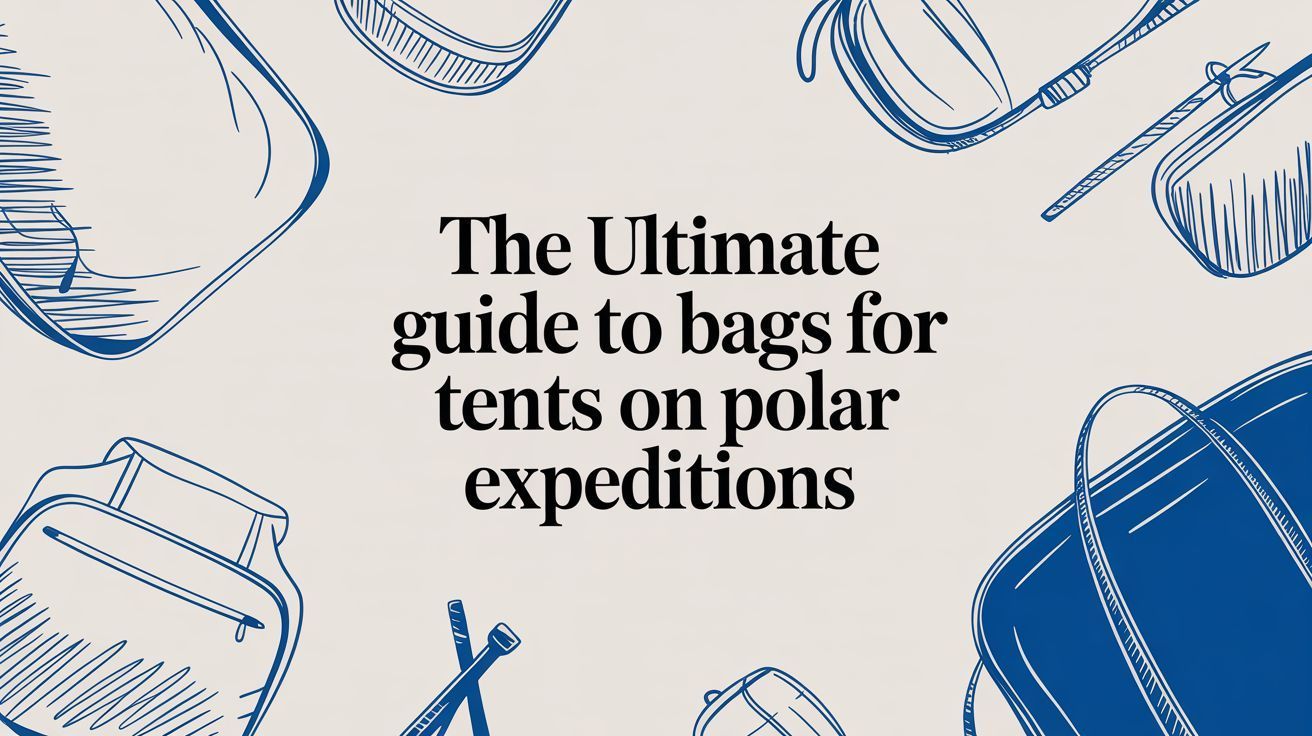How the Natural Environment Improves Focus and Reduces Stress
Why wilderness settings boost attention and support mental wellbeing
Introduction
In a world dominated by fast paced schedules and digital overload, many professionals are rediscovering the restorative effects of nature. From mountain trails to remote coastlines, time spent in the wild is proving to be more than just a break from the routine. The natural environment enhances attention, sharpens decision making and promotes an overall sense of wellbeing. As research and experience reveal, there are significant cognitive benefits of extreme environments, especially when approached with purpose and presence.
Mental Clarity in Nature: What the Wild Offers
One of the most profound effects of nature immersion is a noticeable improvement in mental clarity. Stepping into a natural setting reduces external stimuli and encourages a slower, more focused way of thinking. Whether walking through forests or navigating open landscapes, the brain is given space to recalibrate. This clarity through wilderness adventure helps people disconnect from constant distractions and re-engage with purposeful thought.
Cognitive Benefits of Extreme Environments
The more rugged the environment, the more pronounced the benefits. Harsh conditions demand attention and fast adaptation. This fosters an extreme environment mindset where instinct, resilience and awareness come to the forefront. Environments such as polar regions or remote mountain ranges require focused effort and build mental performance outdoors through immersion, presence and physical challenge.
Outdoor Mental Clarity Techniques That Work
There are several practical ways to experience the cognitive boost of natural settings:
1. Silent walking in remote landscapes – encourages mindfulness in remote locations
2. Journaling after outdoor activity – promotes expedition mental reset
3. Routine nature breaks – helps maintain outdoor focus enhancement
4. Group hiking or solo treks – builds extreme travel self-awareness and mental sharpness in isolation
These techniques are often used during extended adventures or structured retreats, but they are just as effective when integrated into everyday routines.
Focus in Harsh Conditions: Nature’s Unique Demands
Wilderness environments require constant problem solving and attention to detail. Whether navigating an unknown trail or managing unpredictable weather, these scenarios develop decision making in the wild. For business leaders and professionals, this improves judgement under pressure and leads to greater leadership clarity outdoors. By learning to operate effectively in such conditions, clarity through adversity becomes an enduring skill.
Adventure Therapy for Mental Clarity
Beyond physical challenge, wilderness immersion offers a therapeutic dimension. Adventure therapy for mental clarity combines physical movement with intentional reflection, helping to reset emotional and mental baselines. From cold water exposure to guided treks, these experiences provide space for emotional release and mental grounding. Polar expedition psychology, in particular, highlights how extended periods in isolation can help individuals process thought patterns and return with improved mental focus.
Building an Expedition Thinking Approach
Expedition thinking is a mindset shaped by challenge, strategy and adaptation. Those who experience extended time in nature often develop better systems for handling complex problems. When these lessons are brought back into the workplace, individuals report more clarity, stronger priorities and reduced stress. Focus becomes more intentional and mental sharpness in isolation translates into improved collaboration and strategic vision.
Sustainable Habits for Continued Clarity
The benefits of nature are not reserved for rare expeditions. Incorporating small but consistent habits can deliver long term improvements:
· Regular time away from screens in outdoor spaces
· Weekend walks in natural surroundings
· Solo reflection time in parks or gardens
· Participation in structured leadership retreats outdoors
By adopting these habits, individuals can continue to enjoy the mental clarity in nature gained from larger scale adventures and reinforce their ability to manage stress.
Conclusion
The natural environment remains one of the most effective settings for stress reduction and cognitive renewal. Through mental clarity in nature, professionals can strengthen their decision making, boost focus and develop a deeper sense of purpose. Whether through expedition thinking or simple outdoor mental clarity techniques, reconnecting with the wild offers lasting benefits for both mind and body.













